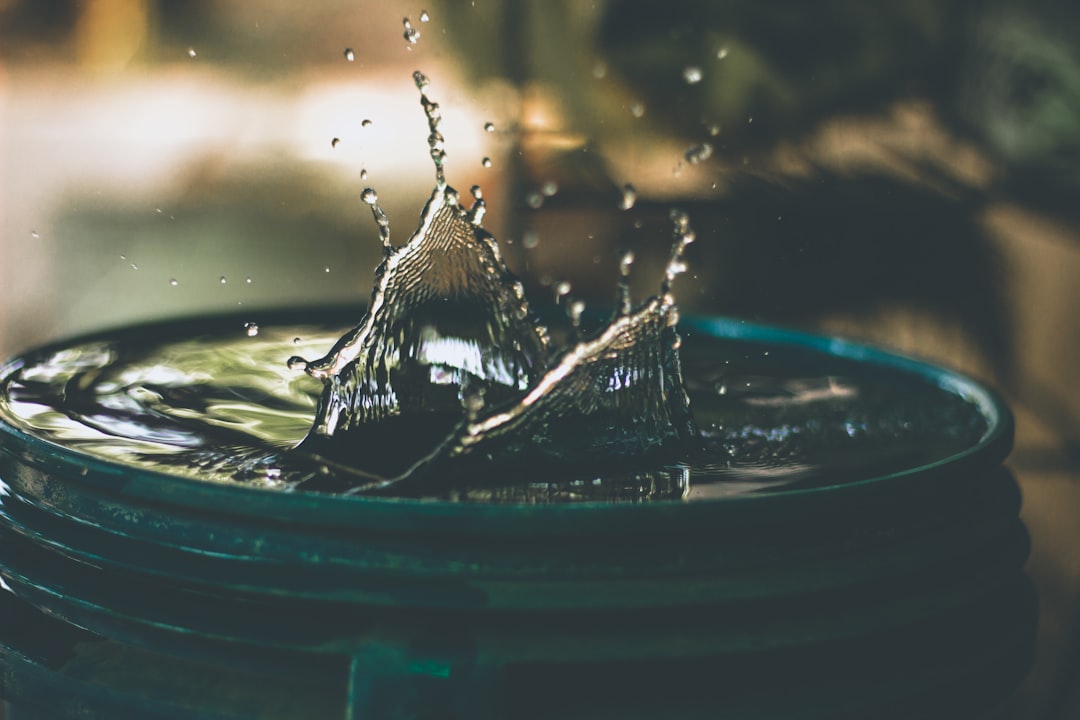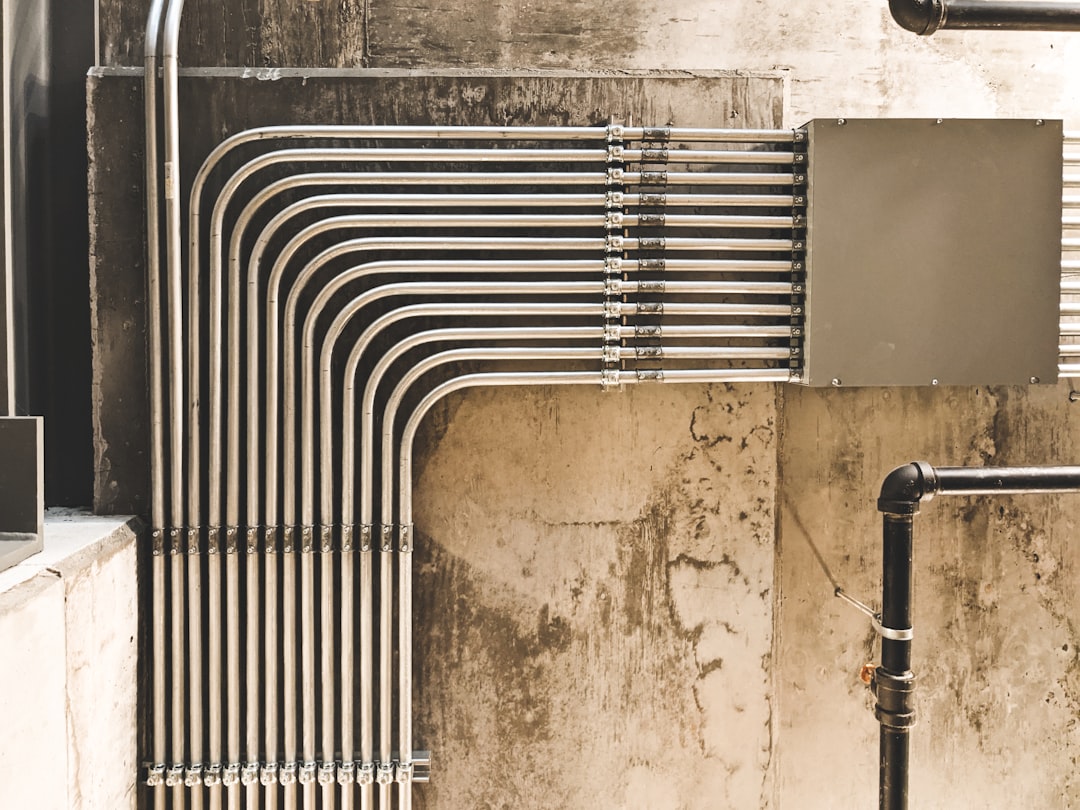Water heaters can be a great convenience, but they can also be a source of water leaks if not properly maintained. If you’re a first-time homeowner, you may not be familiar with plumbing maintenance, but it needs to be a priority if you want to keep your system operating at peak efficiency. The good news is that there are resources available that can teach even the most inexperienced homeowner how to take care of any problems that arise with their plumbing system. If you need more information, read on to find out what you can do to prevent water heater leaks.
How can you prevent water heater leaks?

No one wants to have their water heater leaking, but it is a common issue that can arise from time to time. One of the most important things you can do is to regularly check the pressure relief valve on your water heater for proper function. This valve is responsible for releasing excess pressure from the tank in the event that it builds up. If the valve is clogged or malfunctioning, it can cause the tank to burst, leading to a serious leak.
You may want to think about installing a water shut-off valve near your water heater. If a leak does occur, this will help you quickly and easily shut off the water supply to your water heater, minimizing the damage. You should also make sure that your water heater is properly insulated. A well-insulated water heater will keep the heat inside the tank, which can prevent corrosion and leaks. Beyond insulation, your water heater is also likely to have several fittings or connectors. They need to be inspected regularly and tightened to avoid causing a leak.
Be sure to have your water heater maintained on a regular basis. A professional will be able to identify any potential issues with the tank and take steps to prevent them from getting worse. You should inspect your plumbing system on your own every month. Look for leaks, corrosion, and other signs of wear and tear and call a technician if something is wrong. Even if you don’t notice anything wrong, every homeowner should have their entire plumbing system professionally inspected and cleaned every two years.
Why is your water heater so important?

Your plumbing system is made up of a number of parts, including your water heater. Water heaters are an important part of any home, as they provide hot water for bathing, cleaning, and other purposes. If you don’t have hot water, it can be difficult to complete many basic tasks. There are many different types of water heaters available, so it’s necessary to find the one that best meets your needs. Tankless water heaters, for example, provide hot water on demand and are a great option for homes with limited space. Tank water heaters are a good choice for larger homes, and heaters with a solar option can help you save on your energy costs.
On a practical level, your water heater is what allows you to perform many essential daily activities. Water heaters provide a continuous supply of hot water so you can take baths and showers, wash dishes, and do laundry. They also keep you safe by heating the water to a temperature that can kill harmful bacteria. Contaminated water can cause a variety of health conditions, including gastrointestinal illness, skin infections, and respiratory illnesses. This is just one of many ways that your plumbing system keeps you safe.
Water heater leaks can be a major problem for homeowners. Fortunately, there are many places you can look for help. You can find a lot of information online about how to identify the source of the leak or at least find your shutoff valve so you can stop the leak from worsening. Ultimately, if the cause of the leak isn’t easily identifiable or fixable, you will need to call a professional plumber to address the issue. It’s always better to have a professional inspect, diagnose, and resolve the leak, rather than risk additional damage and injury by trying to do it yourself.




